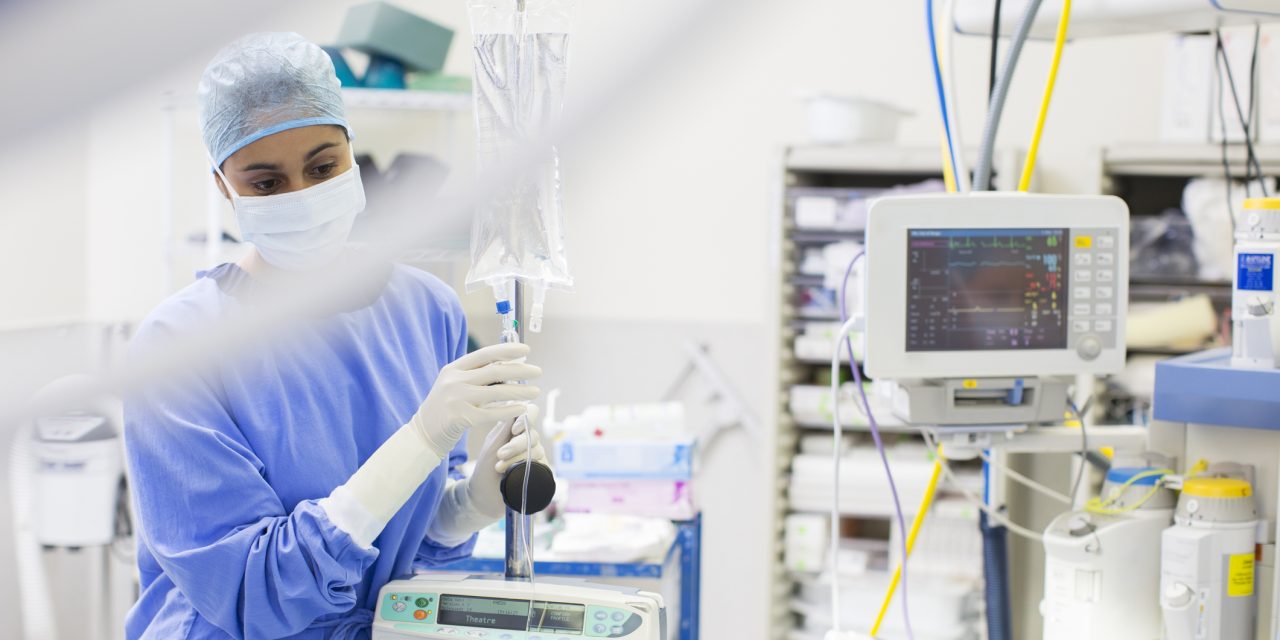The Coronavirus disease 2019 (COVID-19) pandemic continues to cause significant morbidity and mortality worldwide. This study aims to identify specific lab markers, complications, and treatments that may be associated with increased mortality in COVID-19 patients.
This study is retrospective in nature; it included 217 COVID-19 positive patients who were admitted to a ProMedica Health System hospital in Northwest Ohio, United States, between March 25 – June 16, 2020. We collected various laboratory values, complications, and treatment courses. T-test and Chi-squared analyses were used to predict mortality. COVID-19 test was confirmed via PCR.
Of 217 patients included in the study, the mean age of the population was 63.13 (SD 17.8), of which 194 (89.4%, mean age 61.7 years) survived while 23 (10.6%, mean age 74.6 years) died. Among them, 53% were females and 47% male. Laboratory values that were associated with mortality were low hemoglobin (p-value 0.0046), elevated INR (p-value 0.0005), low platelets (p-value 0.0246) and elevated procalcitonin (p-value 0.0472). Marginally significant laboratory values included elevated troponin (p-value 0.0661), and elevated creatinine (p-value 0.0741). Treatment with either antibiotic, antifungals, antivirals, blood transfusion, steroids, and intubation were all statistically significant for mortality. COVID-19 related complications with either ARDS, myocarditis, elevated INR, septic shock, or age greater than 63 were significant predictors of mortality.
Low hemoglobin, elevated INR, Low platelet, elevated procalcitonin, treated with either antibiotic, antifungal, antiviral, blood transfusion, steroids, and intubation are associated with high mortality related to COVID-19 infection. Healthcare professionals must be aware of these predictors This article is protected by copyright. All rights reserved.
This article is protected by copyright. All rights reserved.
Predictors of Mortality in 217 COVID-19 Patients in Northwest Ohio, United States: A Retrospective Study.


